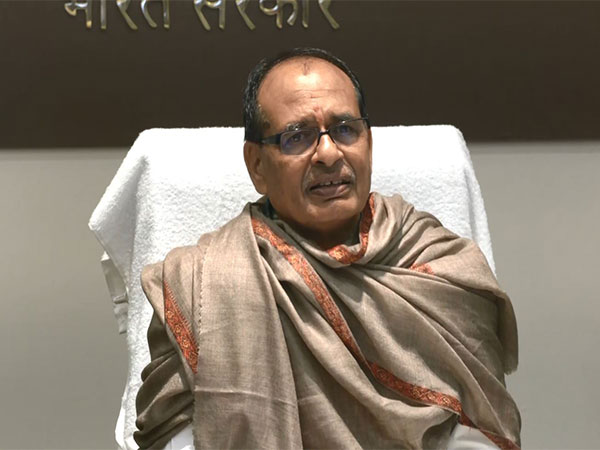Bulgaria ranks sixth among ten poorest countries in Europe
Oct 29, 2021

Sofia [Bulgaria], October 29 (ANI/Novinite): Political conflicts, wars, high unemployment: People in Europe are also struggling to survive. An overview of the economically weakest regions is made by "WirtschaftsWoche".
Whether it is Luxembourg, Switzerland or Norway, the focus is often on the wealth of European countries. But there are always two sides to the coin. Because people in Europe are also struggling to survive. A brief overview of the poorest countries in Europe, measured as gross domestic product per capita converted into euros.
The first is Bosnia and Herzegovina, which is the poorest country in Europe. The unemployment rate alone is 40 per cent. It is the third-highest level in the world after Djibouti and Congo. This puts Bosnia and Herzegovina far below the level of its poor neighbours. GDP per capita is 7.46 euros.
Albania follows. Over the last two decades, poverty in Albania has decreased significantly. However, about one-seventh of Albanians are still considered poor. More than five per cent of the population is malnourished, and about eleven per cent of children under the age of five suffer from growth retardation. Infrastructure is the biggest problem in the country. Therefore, Albania is very unattractive to foreign investors. GDP per capita is 8.50 euros.
The "bronze" medal is for RN Macedonia. It is the third poorest country in Europe. The Balkans continue to be considered the most volatile region in Europe. More than two-thirds of the population of the former Yugoslav republic live in rural areas. GDP per capita is 9.20 euros.
Serbia is fourth. In the last 30 years, the people of Serbia have experienced a huge political conflict: the break-up of the Socialist Federal Republic of Yugoslavia, the wars that accompanied it, and the international isolation from the community of states. Poverty continues to be a pressing social problem in Serbia. According to the World Bank, about 25 per cent of the population lives below the national poverty line. High levels of corruption and poor infrastructure are a serious burden on the country. More than 1.3 million people are struggling to survive. GDP per capita is 9.92 euros.
Montenegro is in fifth place. Compared to other European countries, Montenegro is extremely small and can easily be ignored, but poverty is staggering. Unemployment is twice the EU average. Most of the income comes from the services sector. GDP per capita is 10.13 euros.
The sixth place is for Bulgaria. It is one of the poorest countries in Europe. 65 per cent of the population is currently unable or barely able to cover their living expenses. This is due to the high level of indebtedness of state-owned companies in the energy sector and hospitals, poor infrastructure and the threat of population decline. GDP per capita is 12.77 euros.
Seventh is Belarus, which is also still hit hard by the economic crisis. In recent years, the situation has improved very little. More than a quarter of Belarus' population still lives below the poverty line. This mainly affects children - they are the biggest victims of this problem. Roma children and those living in remote rural areas are most affected by poverty. GDP per capita is 13.42 euros.
After the wars in Yugoslavia, Croatia struggled with the gap between rich and poor, as poverty was particularly prevalent in former military zones. The economy has been recovering somewhat for only a few years. Tourism and the processing industry have contributed to the development. GDP per capita is 15.73 euros.
In ninth place is Russia, where the gap between rich and poor is large: some cannot get enough, others are fighting for their lives. Poverty does not correspond to the great power that Russia should be under Putin. But it still exists, especially in the villages. GDP per capita is 15.81 euros.
In 10th place is Romania, which suffers from extreme poverty. Almost half of the population lives in poor conditions. Many homes are full of orphans, abandoned children and children with disabilities whose parents are unable to care for them. GDP per capita is 16 euros. (ANI/Novinite)



















